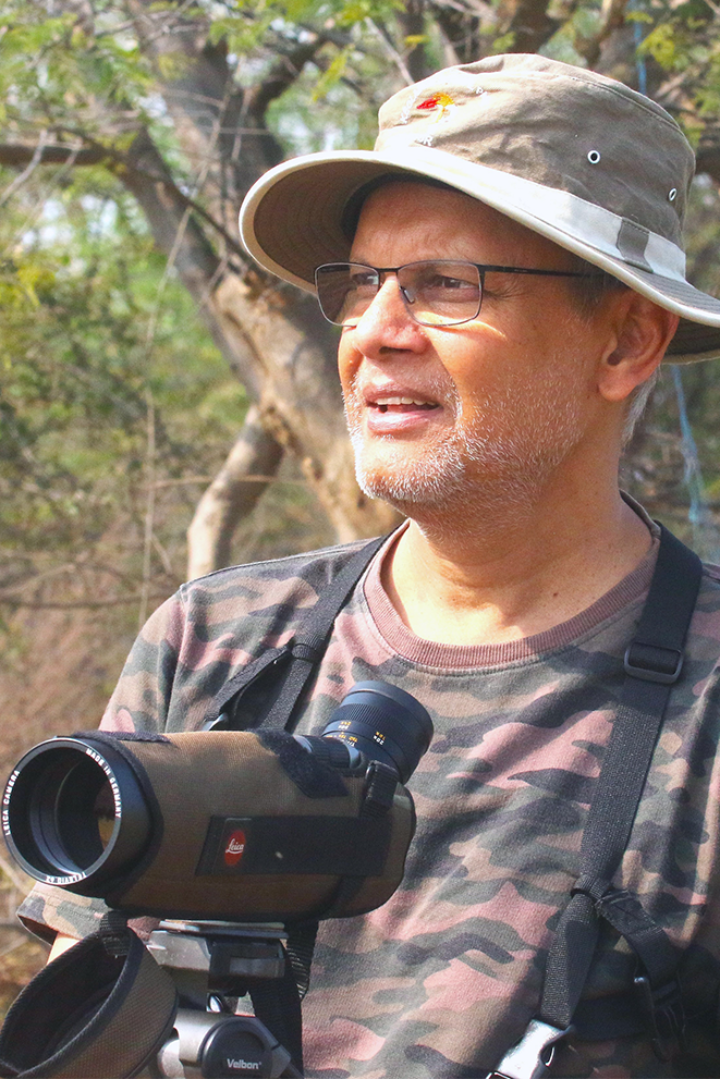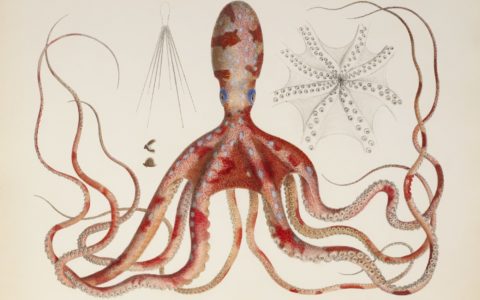The H. H. Bloomer Award
Awarded to an amateur naturalist for an important contribution to the knowledge of natural history.
Established in 1963 from a legacy by the late Harry Howard Bloomer FLS.
Nominations are now closed. Nominations will re-open in summer 2026. If you are interested in making a nomination and would like more information, please contact nominations@linnean.org.
Eligibility Criteria
- Open to any amateur* naturalist of any nationality and age, in any field of natural history for their important contribution to the knowledge of natural history
- For the purposes of the Award, an ‘amateur naturalist’ would be an individual with no current or previous paid employment in the field under consideration. Rather they should have pursued their interest out of sheer curiosity and passion
- Teachers are eligible, as are those working in areas of environmental or educational policy
- Nominee cannot, at the time of nomination, be a member of Council
- Nominee does not need to be a Fellow of the Society
- We do not accept self-nominations
H. H. Bloomer Award Recipient 2025

Aasheesh Pittie
‘I am deeply humbled on being selected for the H. H. Bloomer Award for 2025, and overjoyed at this recognition of the contribution of amateur ornithologists to South Asian ornithology. I accept this honour with gratitude. I thank The Linnean Society of London for nominating me.’
To the larger natural history community in India (and beyond), Mr Aasheesh Pittie is probably best known for his work as a bibliographer of South Asian birds and as founder-editor of the ornithology journal Indian Birds. Over a lifetime of amateur birding, he has been instrumental to the growth of birdwatching and ornithological studies in the erstwhile State of Andhra Pradesh, India, as a key driver of the Birdwatchers’ Society of Andhra Pradesh (now Deccan Birders) from the early 1980s until today. His contributions to Indian ornithology cannot be understated, publishing five books, and over 280 notes, reviews, journal articles and popular pieces in the mass media.
Previous Recipients of the H. H. Bloomer Award
- Charley Eiseman (2024)
- Dr Margaret E. Bradshaw (2023)
- Geoffrey Kibby (2022)
- David Lindo (2021)
- Hans de Blauwe (2020)
- Dr Goronwy Wynne (2019)
- Dr Dan Danahar (2018)
- John Waters (2017)
